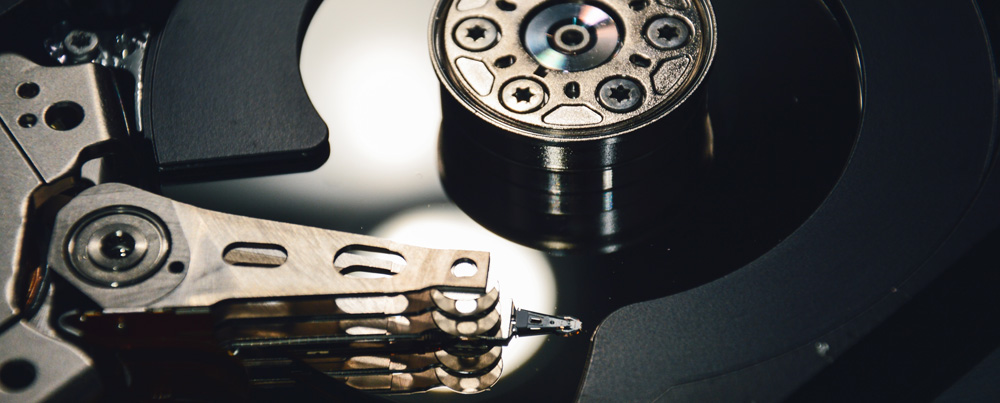Recycling e-waste (the industry name for electronic waste such as old computers, smartphones, and printers) is great for the environment and can be great for your wallet too. However, unlike with other forms of recycling, when it comes to e-waste you need to be conscious of data security.
Common recyclable e-waste such as laptops and phones can be full of personal information. In the area of connectivity that the internet and common digital devices have given us, privacy and security are things you absolutely have to consider.
Why Data Security Matters
E-waste is a common source of rare metals that are in high demand, which is why it can be such a powerful boost to the environment, and it can be worth . Recycling e-waste with Encore Recyclers is a good move—but you have to be careful to keep yourself secure.
Just think of all the private information that’s stored on your computer or phone: your passwords, your home address, your contacts, and your bank account information are some common ones. You don’t want this information to fall into the wrong hands!
Contrary to what you might think, dragging documents with this information to the Trash folder or Recycling Bin won’t be enough to keep you secure. This is because digital information on hard drives often leaves a physical trace, and with the right hardware can be recovered even after it is deleted.
In addition, e-waste often passes through more hands than other recyclable materials. While aluminum cans or copper wire are simply melted down and re-forged into ingots or sheet metal, e-waste materials must be carefully dismantled and separated by professionals at multiple facilities.
With more points in the supply chain of e-waste, there are more opportunities for your information to be lost or stolen. However, there absolutely is a way to keep yourself perfectly safe, getting all of the benefits of selling your e-waste with none of the risk.
How to Secure Your Data when Recycling Electronics
The first step in preparing to recycle an electronic device is backing up all your old data. With a phone, you can usually back up to your computer, and to back up a computer you should use a portable hard drive.
Once you’ve backed up any data you need to keep, it’s time to destroy the information on the device you’ll be recycling. On phones, which most often don’t contain traditional hard drives, this is as simple as finding the “factory reset,” “restore your phone,” or “hard reset” function. To find out how to do this with your particular phone, simply look up instructions online.
With a computer or other device with a hard drive, a physical trace of the digital information is often less behind. The easiest way to get rid of this information is to use a strong magnet to cleanly wipe your hard drive or physically destroy the hard drive by drilling a few holes through it.
Important: After magnetizing or physically destroying a hard drive, check it to be sure that all the information is gone. Put it back into your computer and boot it up – it shouldn’t even display the operating system if your information is completely destroyed.
Be sure to check even devices you might assume don’t have hard drives, such as copiers and scanners, which often store digital copies of the documents you’ve scanned. These can often contain sensitive information like bank account and Social Security numbers!
As long as you’re diligent, you can absolutely keep your personal information safe when recycling e-waste.




